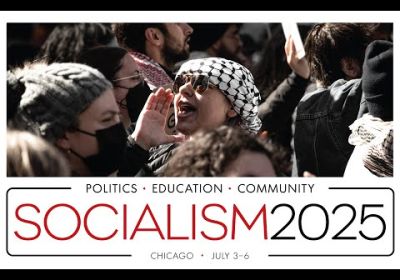
A recording of a panel at the Socialism 2025 conference, which examines Russian President Vladimir Putin’s repression of activists who have publicly opposed his war of aggression against Ukraine.

A recording of a panel at the Socialism 2025 conference, which examines Russian President Vladimir Putin’s repression of activists who have publicly opposed his war of aggression against Ukraine.
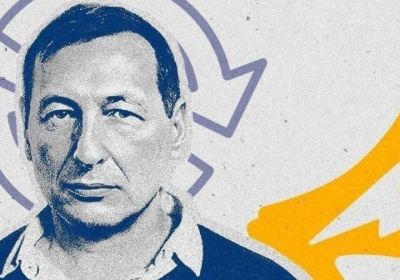
Anti-war socialist Boris Kagarlitsky delivered this recorded message to the Socialism 2025 conference in Chicago, United States.
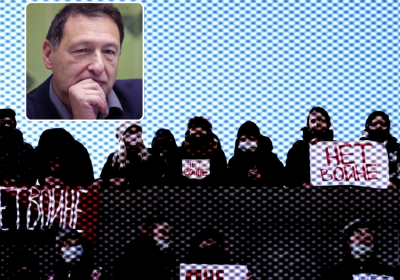
Russian anti-war socialist and political prisoner, Boris Kagarlitsky, sent the following article from the penal colony in Torzhok, Russia, where he is serving a five-year sentence for “justification of terrorism”. It has been translated by Dmitry Pozhidaev.
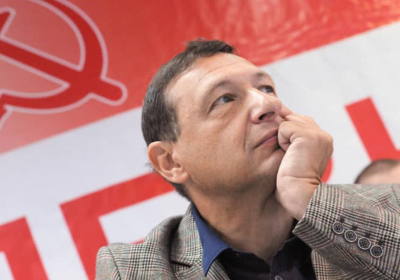
Writing from a Russian prison, sociologist Boris Kagarlitsky penned this open letter in support of a broad solidarity campaign with left-wing Russian political prisoners.
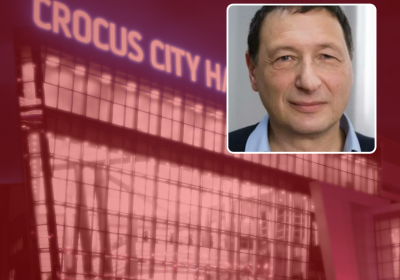
Renowned Russian sociologist Boris Kagarlitsky sent the following message from prison to his daughter, Ksenia, on March 26. In it, he discusses the fallout of the horrific terrorist attack carried out at Moscow’s Crocus City Hall on March 22. Translated by Renfrey Clarke.
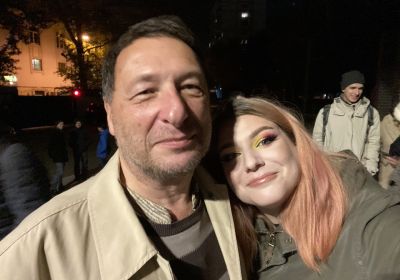
Renowned Russian sociologist Boris Kagarlitsky was jailed on February 13 for five years on trumped-up charges of "justifying terrorism". In reality, his only crime has been to speak out against Russia's war in Ukraine. Renfrey Clarke has translated Kagarlitsky's first public letter sent from prison to his daughter, Ksenia.

Boris Kagarlitsky discusses the domestic factors behind Vladimir Putin’s decision to invade Ukraine and the role of the left in anti-war organising.

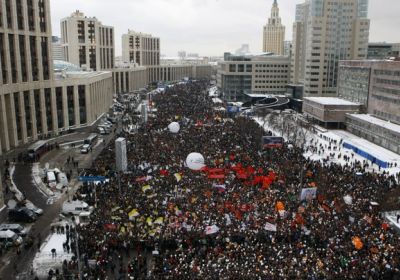
The global political crisis ― a natural outcome of the continuing economic crisis ― finally made it to Russia last month before getting derailed by the country's traditional hibernation in early January.